Bachelor of Laboratory Medicine
Program Overview
The Laboratory Medicine Department is central to the Faculty’s mission of developing specialists who are essential to healthcare delivery. It addresses the community's growing need for professionals skilled in the diagnosis of diseases and the analysis of toxins, playing a critical role in supporting health systems. The Bachelor in Laboratory Medicine program equips students with comprehensive training in clinical laboratory science. It prepares graduates to work effectively in hospitals, diagnostic laboratories, and research institutions, enabling them to make significant contributions to health services and national development.
Graduation History:
The program celebrated its first graduating cohort in 2014. To date, it has successfully graduated 11 cohorts of students.
Program Goals
- Goal 1: To graduate qualified laboratory medicine students in the field having Islamic morals and noble professional ethics.
- Goal 2: To educate and equip students with essential scientific needs to practice the profession of Laboratory medicine.
- Goal 3: To provide students with up-to-date skills in Laboratory medicine to meet development plans in the Kingdom of Saudi Arabia.
- Goal 4: To contribute in developing the field of Laboratory medicine through motivating the scholarly research environment.
- Goal 5: To contribute in the laboratory medicine science educational source in the Kingdom of Saudi Arabia.
- Goal 6: To develop effective collaboration with the community.
Program Learning Outcomes
Knowledge and Understanding
- K1: Describe basic and advanced knowledge of theoretical, practical, diagnostic, and research concepts of laboratory medicine sciences effectively.
- K2: Identify several diagnostic techniques, procedures, the causes of discrepant test results, and the correlation of abnormal data with physiological or pathological conditions in clinical laboratories.
Skills
- S1: Perform basic and advanced medical laboratory skills and techniques in safe measures and high-quality standards.
- S2: Show cooperative teamwork and communication skills in laboratory medicine settings continuously.
- S3: Apply statistical skills along with oral and digital communication to ensure accurate data sharing with health team members.
- S4: Interpret the laboratory test results based on biological specimen processing, machine reading, and problem-solving approaches effectively.
Values, Autonomy, and Responsibility
- V1: Adhere to the application of proficient quality and safety assurance in medical laboratory practices appropriately.
- V2: Contribute to the application of the scientific research methodologies and skills in respectful to team-oriented, and social and ethical profession contexts.
- V3: Endure responsibilities and accountabilities of medical laboratory specialist including record of results independently and professionally.
Graduates of the program are qualified for diverse roles, including
- Work in all areas of the clinical Laboratory including Microbiology, Clinical Chemistry, Molecular Biology, Clinical Genetics, Histopathology, Cytology, Blood Bank, Hematology, and Immunology and perform a full range of Laboratory tests from simple to complex.
- Operate complex electronic equipment, computers, and instruments.
- Maintain competence in Laboratory Information System that is crucial to the quality operations of the Laboratory and patient care.
- Conduct medical research and analyses
Bachelor of Laboratory Medicine Program’s Handbook
null



